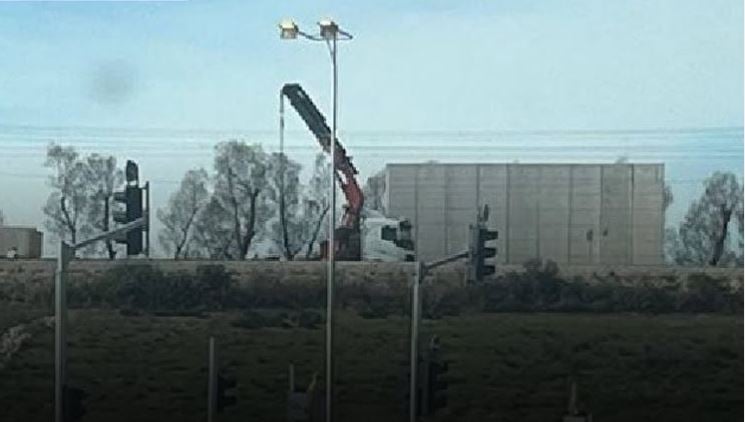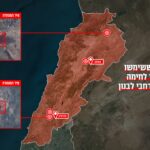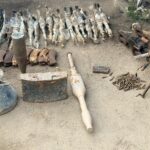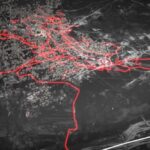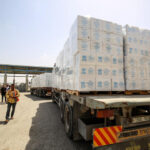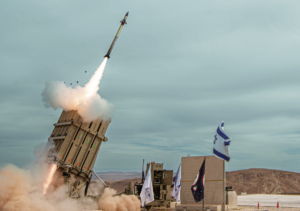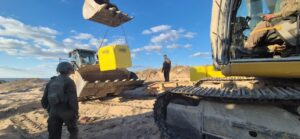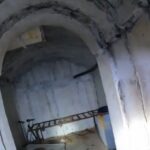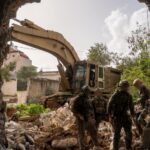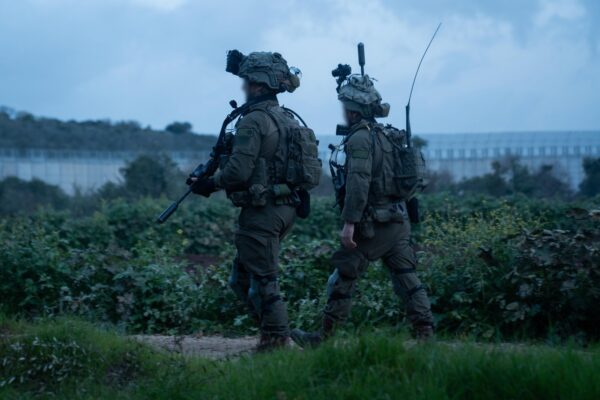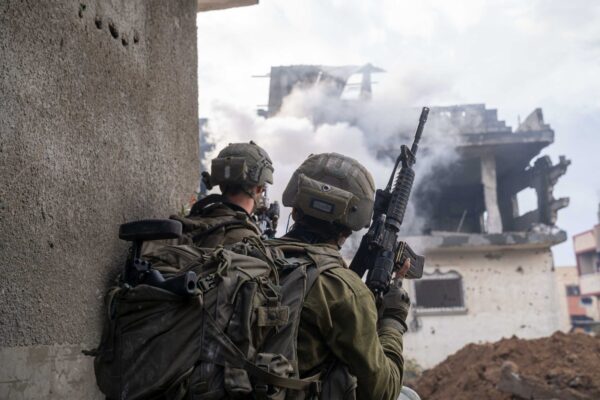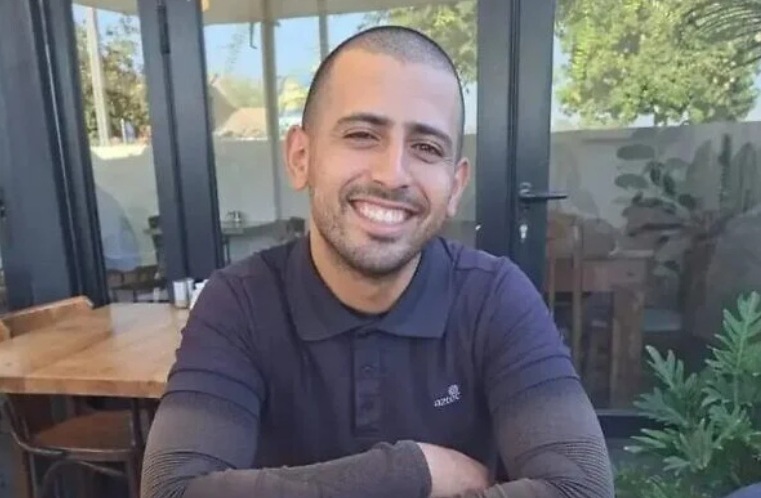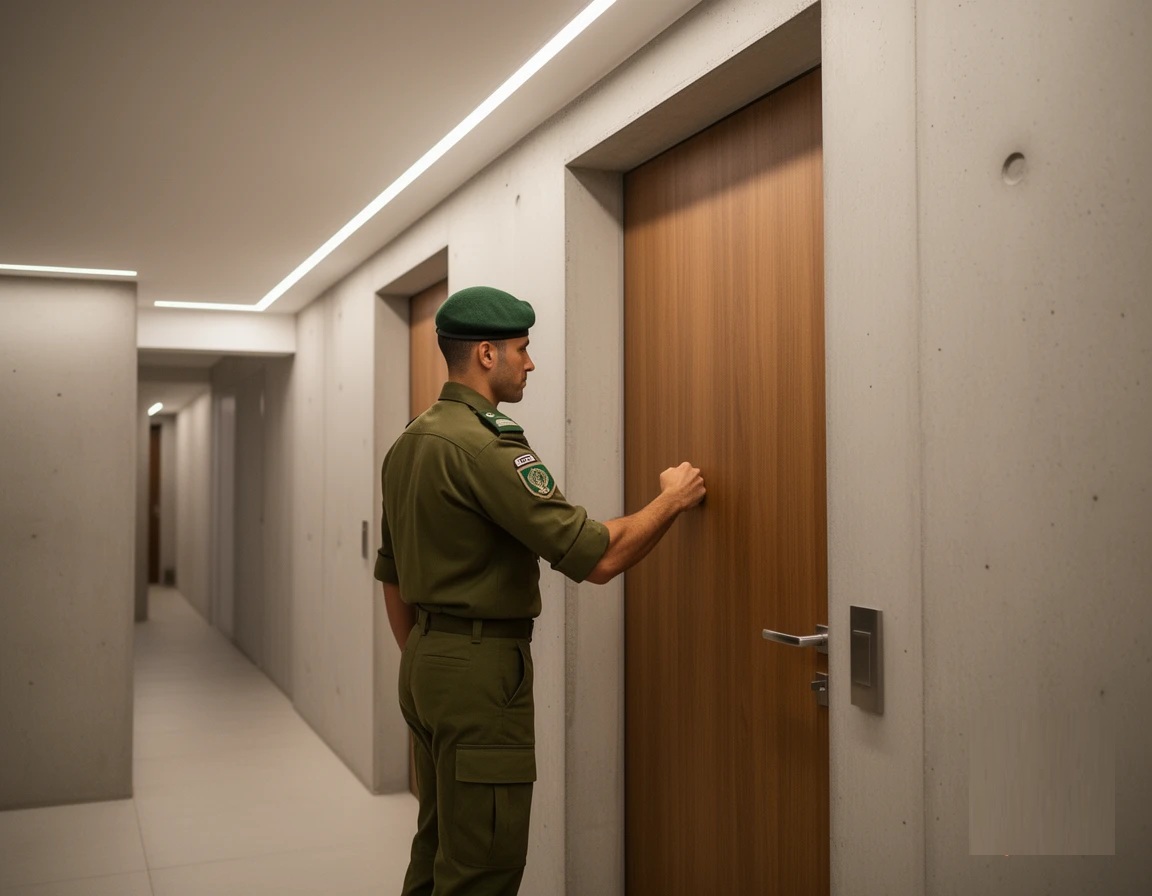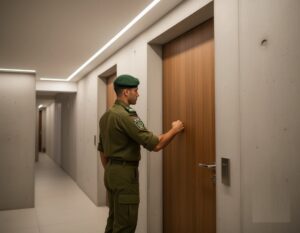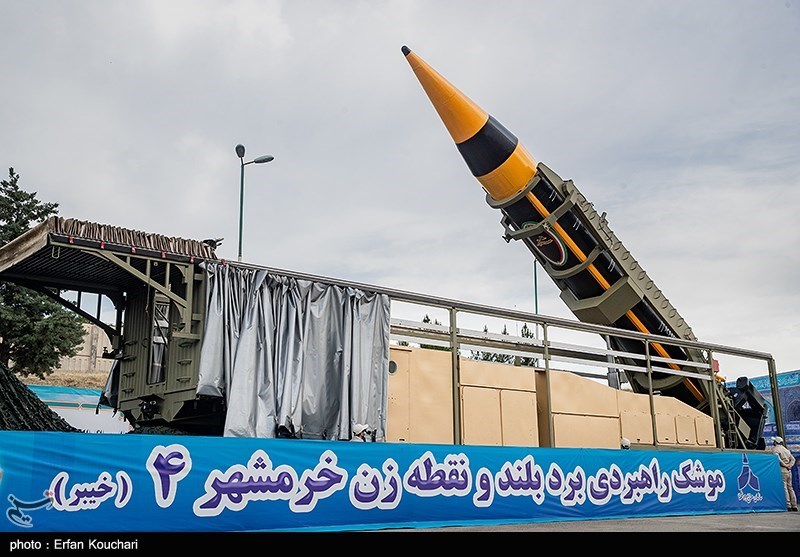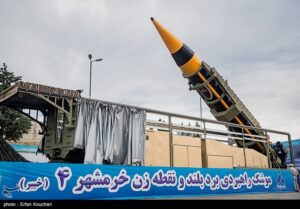The protective barrier near the Gaza border shows that the old security perception hasn’t changed, angry residents said.
By The IDF Club
Residents of the Gaza envelope communities are enraged that the IDF has begun to build a high stone wall near Sderot, saying this proves that the army has not changed its old and failed security perceptions, Channel 12 reported Thursday.
“As soon as I saw the wall,’ said a resident of the city whose son was murdered along with 1,200 others during the Hamas invasion last October 7, “I realized that nothing has changed nor will change here. We’re back to October 6.”
Yarin Sultan, a member of the Israel Envelope Forum, also sharply criticized the move to the Hebrew-language media outlet.
It is, she said, “another link in a chain of conceptual failures. The state continues to cling to outdated approaches that are satisfied with cosmetic treatment [of the problem] and do not provide real security to the residents of the south.”
“Walls did not stop the Nukhba terrorists from penetrating through them and slaughtering children, the elderly, and raping women, so why should they succeed this time?” she added.
The government must “act differently and commit to real security,” Sultan said. “We demand a fundamental solution that will convey strength and determination, not walls that hide the problem and don’t solve it, once and for all.”
The army said in response that the wall was being built so that train service can recommence to the town.
“The IDF is working on a variety of efforts to enable the return of the train, including tailored military operations and an ongoing situation assessment,” its spokesperson told Channel 12 in a statement. “This is with the understanding that this is an important strategic national infrastructure and a central factor in the process of restoring the western Negev.”
“Protective work is currently being carried out to strengthen the defense layer in a way that will allow safe travel by train. The IDF is working and will continue to work to return the residents to their homes safely.”
After October 7, all the residents of communities near Gaza who survived the Hamas onslaught were immediately evacuated. Many lived for about a year in hotels and other accommodations paid for by the government.
Most returned gradually to the area when it was declared safe by the IDF, attempting to rebuild their former lives. They included most of the residents of Sderot, a city of 33,000 that suffered the loss of some three dozen people, 20 of them police officers, on the day of the invasion.


